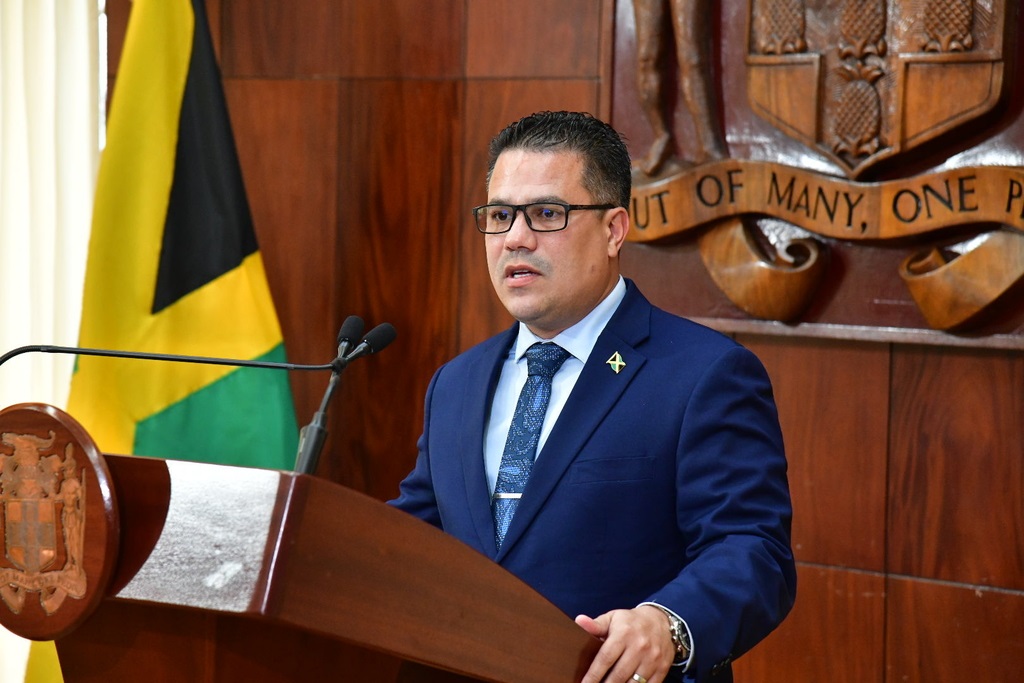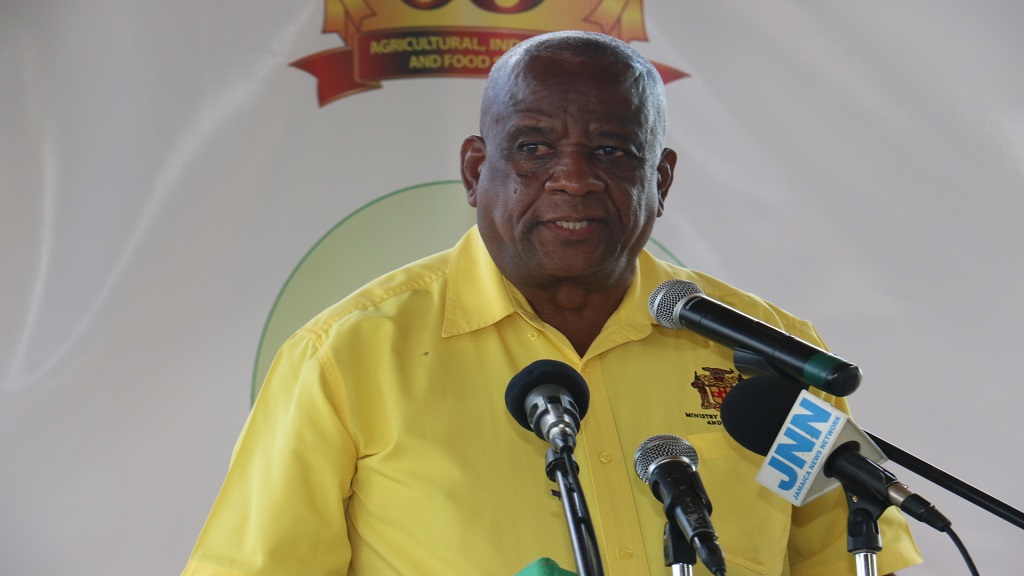

The National Water Commission (NWC) could lose over 40 per cent of the value of outstanding debts on its books to legal and administrative fees if it opts to take delinquent customers to court, according to Minister without Portfolio for Water, Matthew Samuda.
However, the minister emphasised that the focus remains on reintegrating customers into the formal payment system to sustain the utility's operations.
Addressing a post-Cabinet press briefing last week, Samuda outlined the challenges facing the NWC and the scale of interventions being implemented under Prime Minister Andrew Holness’s administration. He dismissed a proposal by the opposition for a flat rate on water charges and a significant reduction in sewage fees, stating that neither the NWC nor the government’s treasury could afford such measures.
Opposition spokesman on water, Ian Hayles, recently suggested a flat rate for water and a reduction in sewage charges by 25 to 50 per cent, calling the government’s amnesty programme a “knee-jerk reaction” to the high cost of living.
In response, Samuda said such proposals ignore the financial realities of the NWC, which has been burdened by deficits since 2012.
“The flat rate suggested by the opposition ignores the fact that the NWC and the government’s treasury could not afford it,” Samuda said. “The income from sewage rates bolsters the NWC’s infrastructure programme, which ultimately benefits all Jamaicans.”
Samuda further noted that the current revenues offset increased staff costs, including over $400 million stemming from a recent reclassification exercise, while also addressing rising electricity bills for households.
The minister emphasised the government’s commitment to achieving Sustainable Development Goal 6, which aims for universal access to clean water and sanitation by 2030. “The flat rate and sewage reduction are not on the table if we are serious about meeting these goals,” he stated.
Concurrently, the NWC faces significant challenges with unpaid bills. Samuda revealed that aged receivables exceeding six months amount to $58 billion, with $45 billion of that total being overdue for more than two years. He noted that over $38 billion in receivables is older than five years and deemed largely uncollectible.
Litigation to recover such debts is also cost-prohibitive, with up to 40 per cent of the value of debts lost to legal and administrative fees.
“People need to understand how much of this is uncollectible by all reasonable accounting standards,” Samuda explained.
Despite these challenges, Samuda highlighted progress in the NWC’s operations, noting that the agency has operated with a surplus for the past two years. This has facilitated significant investments in infrastructure, improving water reliability for 150,000 households.
“Between the NWC and the Rural Water Supply Limited, there are 74 capital projects underway nationwide, which will improve service for over 400,000 customers in the next 12 to 18 months,” he said, adding that additional projects funded by the Caribbean Development Bank and other entities are expected to ramp up next year.
Samuda stressed the importance of balancing operational sustainability with ensuring all Jamaicans have access to potable water. “Our citizens must have access to water and the dignity to pay their bills,” he concluded.
Related News

State Minister speaks need for Ja self-sufficiency in seed production

Rotary Club of Kgn presents home to vulnerable community member

Simple lifestyle changes to control blood sugar, prevent diabetes


